Why Can't I Sleep Even Though I'm Tired and What Can I Do?
Explore reasons behind 'Why Can't I Sleep Even at Night Even When I'm Tired' and discover effective solutions for better rest.
Why Can't I Sleep Even at Night Even When I'm Tired?
Many people find themselves tossing and turning at night, wondering why sleep eludes them despite feeling exhausted. This frustrating scenario often stems from a mismatch between your body's physical need for rest and your brain's inability to shut down. Factors such as stress, lifestyle habits, and even your sleeping environment can disrupt the delicate balance required for sleep.
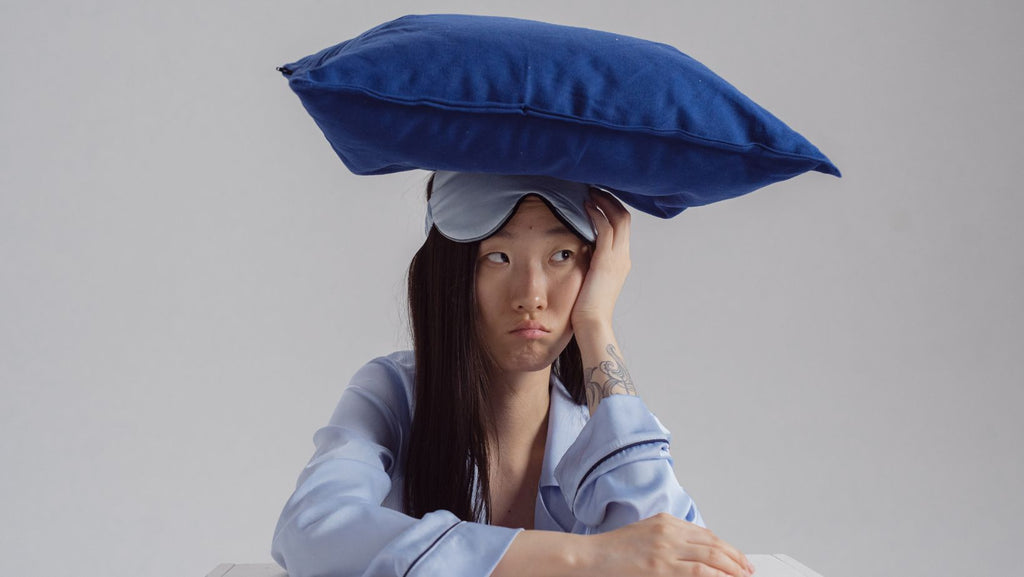
Understanding the root cause of your sleeplessness is the first step toward finding a solution. Whether it's due to anxiety, poor sleep hygiene, or underlying health conditions, identifying the trigger can help you address the issue more effectively. From there, tailored strategies and adjustments can pave the way for a better night's sleep.
Understanding Sleeplessness: Causes Behind Your Restless Nights
Sleeplessness, or insomnia, can have multiple triggers, each affecting individuals differently. Common causes include stress, irregular sleep schedules, and physical conditions like pain or discomfort. Additionally, lifestyle choices such as caffeine consumption and screen time before bed can significantly impact your ability to fall and stay asleep.
- Stress and worry
- Irregular sleeping patterns
- Physical discomfort or pain
- High caffeine intake
- Extensive screen time before bed
- Poor sleep environment
- Noise or light disturbances
By pinpointing the specific factors contributing to your sleep issues, you can begin to implement changes that encourage better sleep habits, leading to more restful nights.
The Impact of Lifestyle on Sleep Quality
Your daily routine plays a crucial role in how well you sleep at night. Activities such as exercise, diet, and screen time can either promote relaxation or contribute to sleeplessness. For instance, regular physical activity can improve sleep quality by reducing stress and tiring you out physically.
However, it's essential to time your activities correctly. Exercising too close to bedtime can leave you feeling energized, making it harder to wind down. Similarly, consuming heavy meals or caffeine in the evening can disrupt your sleep cycle. Mindful adjustments to your lifestyle can create a conducive environment for sleep.
Stress and Anxiety: Silent Culprits of Insomnia
Stress and anxiety are significant factors contributing to sleepless nights. The mind's tendency to ruminate on worries or stressful events can prevent relaxation, a prerequisite for sleep. Alongside mindfulness, meditation, and deep breathing exercises, stress relief products can play a supportive role in calming the mind and preparing the body for rest. Products such as stress gummies, stress relief drops, and stress balls offer additional tools to manage stress levels, potentially easing the journey into sleep.

Integrating these products into your evening routine can complement traditional relaxation techniques. Stress gummies and relief drops, often formulated with natural ingredients like herbal extracts, can provide a sense of calm and reduce anxiety. Similarly, the physical activity of squeezing a stress ball can serve as a tactile method to focus the mind and release tension.
These aids, when combined with a relaxing bedtime routine—such as reading, bathing, or gentle stretching—can significantly mitigate the impact of stress and anxiety on your sleep quality, paving the way for a more restful night..
Adjusting Your Evening Routine for Better Sleep
Your evening routine can significantly influence your ability to fall asleep. Establishing a set of relaxing activities before bed can help signal to your body that it's time to wind down. Consider incorporating practices such as:
- Limiting screen time
- Reading a book
- Taking a warm bath or shower
- Drinking a cup of herbal tea
- Listening to soothing music or sounds
- Doing gentle stretches or yoga
- Writing in a journal
These activities can help ease the transition from wakefulness to sleep, promoting a more restful night.
Dietary Choices: Do They Affect Your Sleep?
What you eat and drink can have a profound impact on your sleep. Consuming caffeine or sugar-laden foods and beverages in the late afternoon or evening can stimulate your nervous system, making it difficult to relax at bedtime. On the other hand, certain foods can promote sleep by contributing to the production of sleep-inducing hormones.
- Avoid caffeine and sugar before bed
- Choose complex carbohydrates
- Include foods rich in magnesium and potassium
- Opt for herbal teas like chamomile or valerian root
- Consider a light, protein-rich snack if hungry before bed
Adjusting your diet to include sleep-friendly foods while avoiding stimulants can enhance your sleep quality.

Exercise and Its Role in Promoting Sleep
Regular exercise is a powerful tool for improving sleep quality. It can help regulate your sleep-wake cycle, reduce stress, and alleviate symptoms of anxiety and depression, all of which can contribute to better sleep. However, timing is crucial; engaging in vigorous exercise too close to bedtime can have the opposite effect, leaving you too energized to sleep.
To reap the sleep benefits of exercise, aim for moderate to vigorous activity earlier in the day. This can help ensure that your body is ready to rest come nighttime, allowing you to enjoy deeper, more restorative sleep.
Here's a brief comparison of how different types of exercise and their timing can impact sleep quality:
|
Type of Exercise |
Timing |
Impact on Sleep |
|
Vigorous Aerobics |
Morning/Early Afternoon |
Enhances deep sleep; too late can hinder sleep |
|
Light Yoga |
Evening |
Promotes relaxation and can improve sleep onset |
|
Strength Training |
Morning/Late Afternoon |
Boosts overall sleep quality if not done too late |
|
High-Intensity Interval Training (HIIT) |
Morning/Early Afternoon |
Increases sleep duration; too late can be stimulating |
|
Gentle Stretching |
Evening |
Aids in relaxation, improving sleep quality |
The Importance of Creating a Restful Environment
Your sleeping environment plays a pivotal role in how well you sleep. Factors such as light, noise, temperature, and comfort can all influence your sleep quality. Creating an environment that promotes relaxation and comfort is essential for encouraging deep, restful sleep.
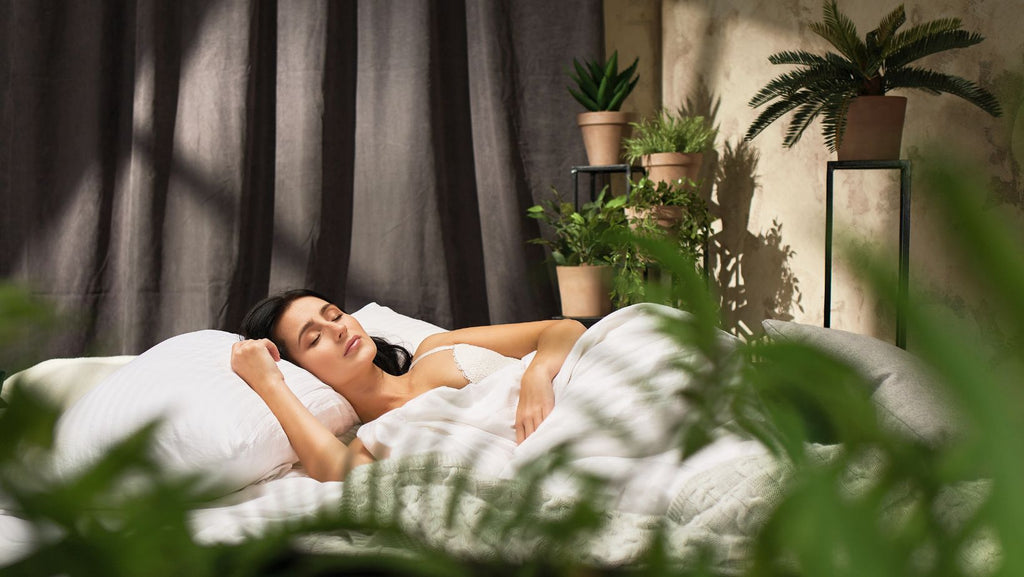
Consider the following for your sleep environment:
- Use blackout curtains to minimize light
- Ensure your bedroom is at a comfortable temperature
- Invest in a comfortable mattress and pillows
- Use white noise machines to drown out disruptive sounds
- Keep your bedroom exclusively for sleep and relaxation
By optimizing your sleep environment, you can enhance both the quality and quantity of your sleep.
Natural Remedies and Techniques to Encourage Sleep
Natural remedies and relaxation techniques provide a gentle, medication-free approach to improving sleep quality. Among the most celebrated herbs for their sleep-inducing properties are lavender, chamomile, and valerian root. These can be enjoyed as calming teas before bed, offering a warm, soothing ritual that prepares the mind and body for rest. Aromatherapy with essential oils, such as lavender, can also create a serene atmosphere in the bedroom, further promoting relaxation and sleep readiness.
In addition to herbal remedies, various relaxation techniques can significantly aid in falling and staying asleep. Progressive muscle relaxation involves tensing and then relaxing each muscle group in the body, which can reduce physical tension and mental stress. Deep breathing exercises help to slow the heart rate and calm the mind, making it easier to drift off to sleep. Guided imagery, where you visualize a peaceful setting or story, can distract from the day's worries and lead you into a state of relaxation conducive to sleep.
Expanding your nighttime routine to include these natural remedies and techniques can transform your approach to sleep. Whether it's sipping on a cup of chamomile tea, practicing deep breathing, or filling your room with the soothing scent of lavender, these strategies work together to support a restful night.
Sleep Products That Can Help You Drift Off
In today's market, a variety of sleep products are available to assist those struggling on how to combat insomnia. From weighted blankets that provide a sense of security to advanced sleep trackers that monitor sleep patterns, there's a range of options to suit different needs. Here's a brief overview:
- Weighted blankets for comfort
- Sleep trackers to monitor sleep quality
- White noise machines for a soothing background
- Essential oil diffusers with relaxing scents
- Ergonomic pillows for neck support
- Breathable, cooling sheets for comfort
- Sleep masks for darkness
Beyond these, better sleep products like sleep gummies and sleep drops have become increasingly popular. Formulated with natural ingredients such as melatonin, magnesium, and herbal extracts, sleep gummies and drops can facilitate a smoother transition to sleep by promoting relaxation and adjusting the body's internal clock. When used in conjunction with healthy sleep habits and other supportive products, they can significantly enhance overall sleep quality, making it easier to fall asleep and wake up feeling truly refreshed.
FAQs: Addressing Common Sleep Concerns
Q: Is it bad to eat right before bed?
A: Eating heavy or large meals close to bedtime can disrupt your sleep. Opt for light snacks if you're hungry.
Q: Does drinking water before bed affect sleep quality?
A: While staying hydrated is important, too much water before bed can lead to nighttime awakenings for bathroom trips.
Q: Can the temperature of my bedroom impact my sleep?
A: Yes, a cooler room typically promotes better sleep. Around 65°F (18°C) is considered ideal for most people.
Q: Are there specific types of light that disrupt sleep more than others?
A: Blue light, emitted by screens, is particularly disruptive to sleep as it can inhibit melatonin production.
Q: How does alcohol consumption affect sleep?
A: Although it may help you fall asleep faster, alcohol can reduce sleep quality and disrupt sleep later in the night.
Q: Can pets in the bedroom impact sleep quality?
A: Pets can disrupt sleep by moving or making noise. It's best to train pets to sleep in their own space if you're sensitive.
Q: Do certain sleeping positions affect sleep quality?
A: Yes, sleeping on your back can worsen snoring and sleep apnea, while side sleeping may be more beneficial for breathing and digestion.
Q: How can I tell if I'm getting enough deep sleep?
A: Signs of adequate deep sleep include waking up feeling refreshed and not feeling excessively sleepy during the day.
Q: Does the moon phase affect sleep?
A: Some studies suggest that sleep can be affected during a full moon, leading to reduced sleep quality, though more research is needed.
Q: Can reading on a tablet before bed affect sleep?
A: Yes, the blue light from tablets can interfere with the ability to fall asleep. Switching to a physical book or using a blue light filter can help.
Taking the Next Steps: When to Seek Professional Help
If you've tried various strategies and products to improve your sleep without success, it may be time to seek professional help. Persistent sleep issues can be a sign of underlying health conditions that require medical intervention.

Sleep specialists can offer personalized advice, conduct sleep studies, and recommend treatments tailored to your specific needs.
Understanding when and how to seek help is crucial for overcoming chronic sleeplessness and improving your quality of life.


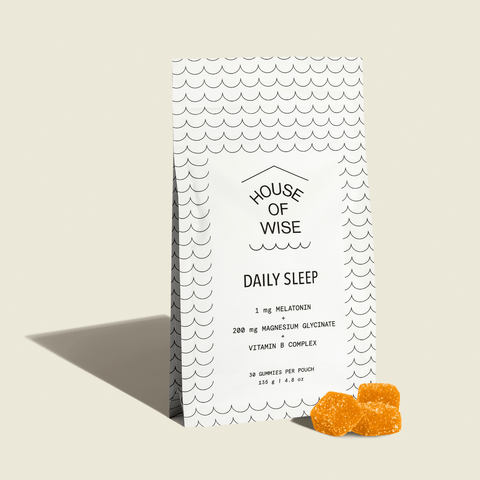
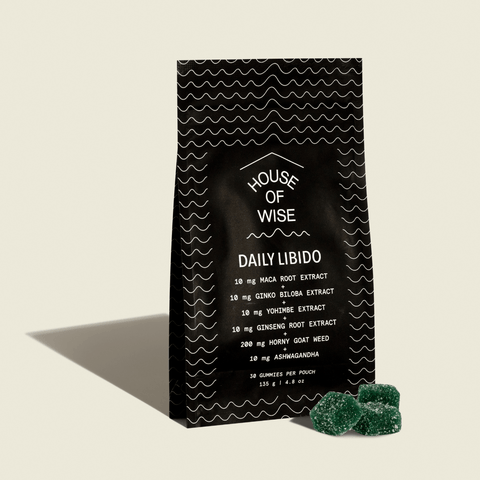
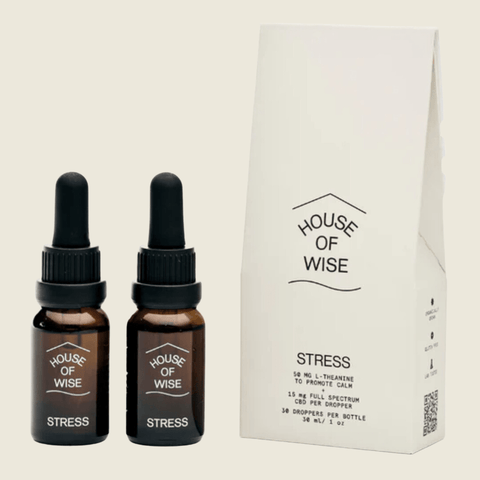
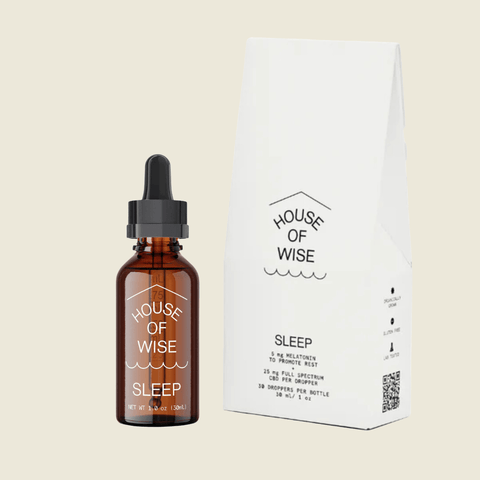
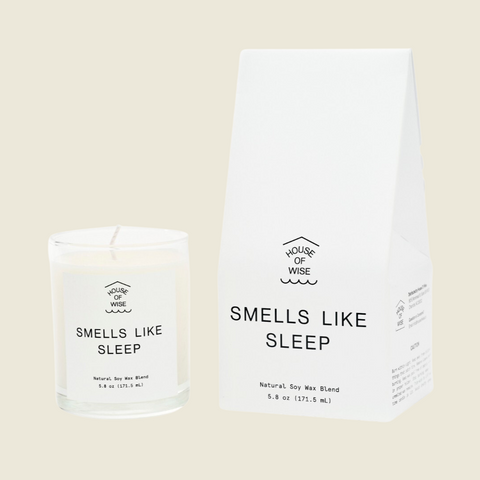


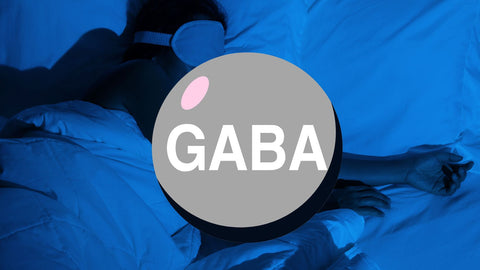

Comments (0)
There are no comments for this article. Be the first one to leave a message!